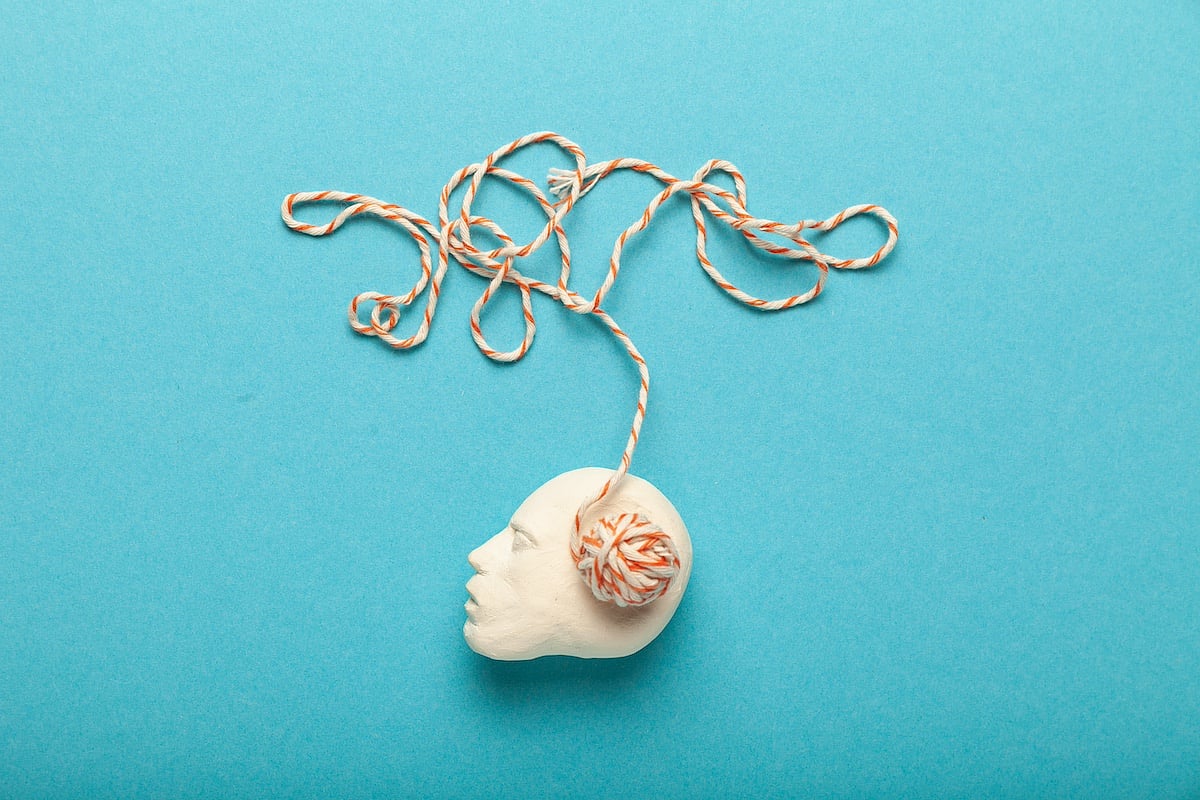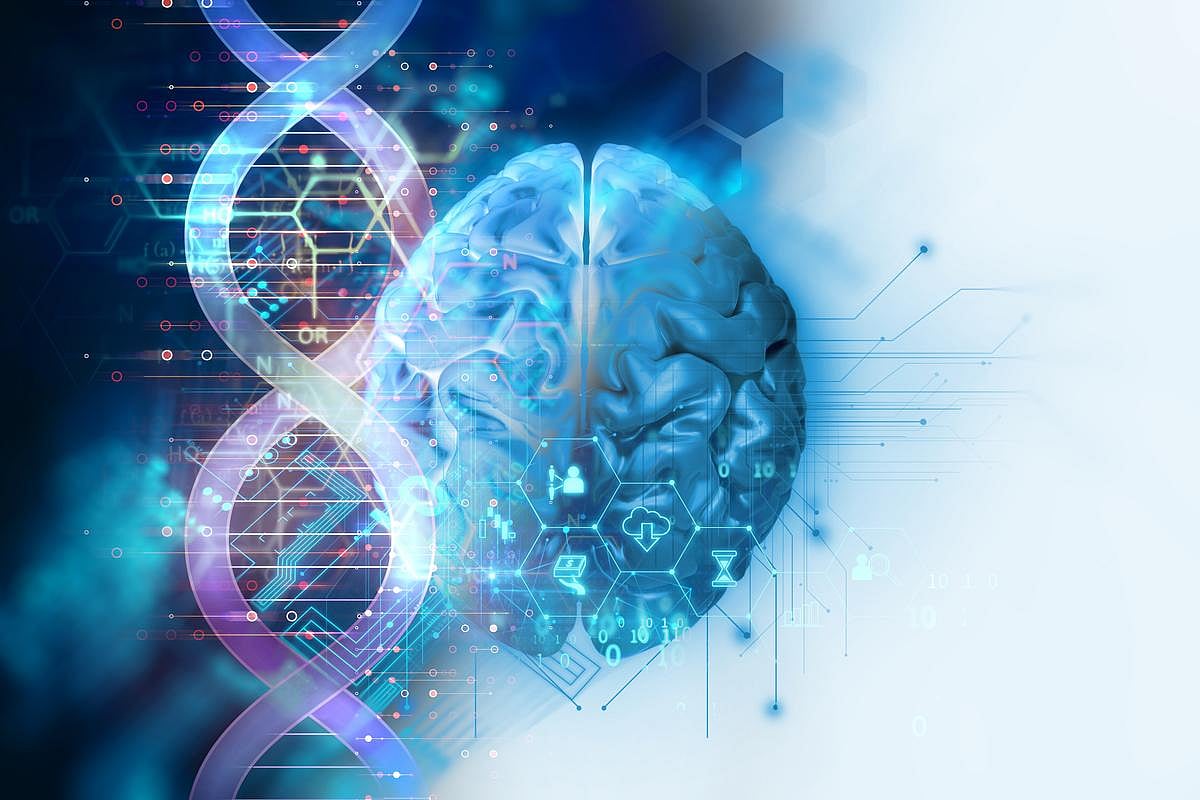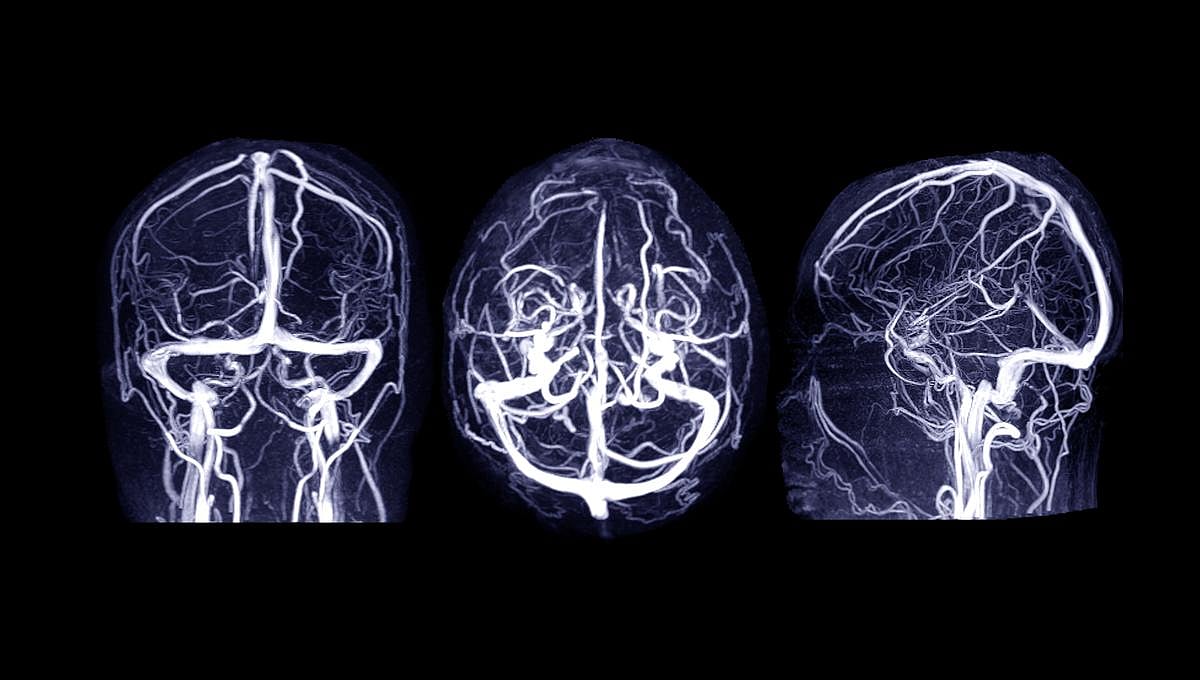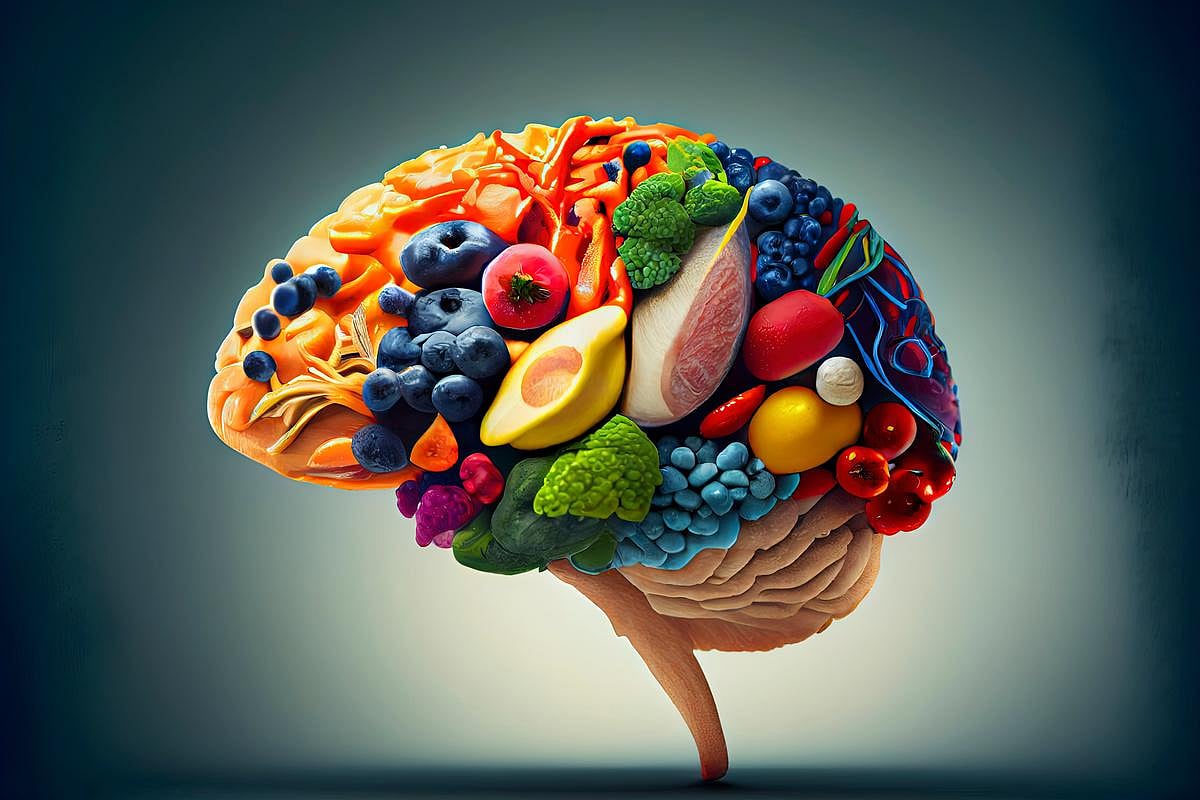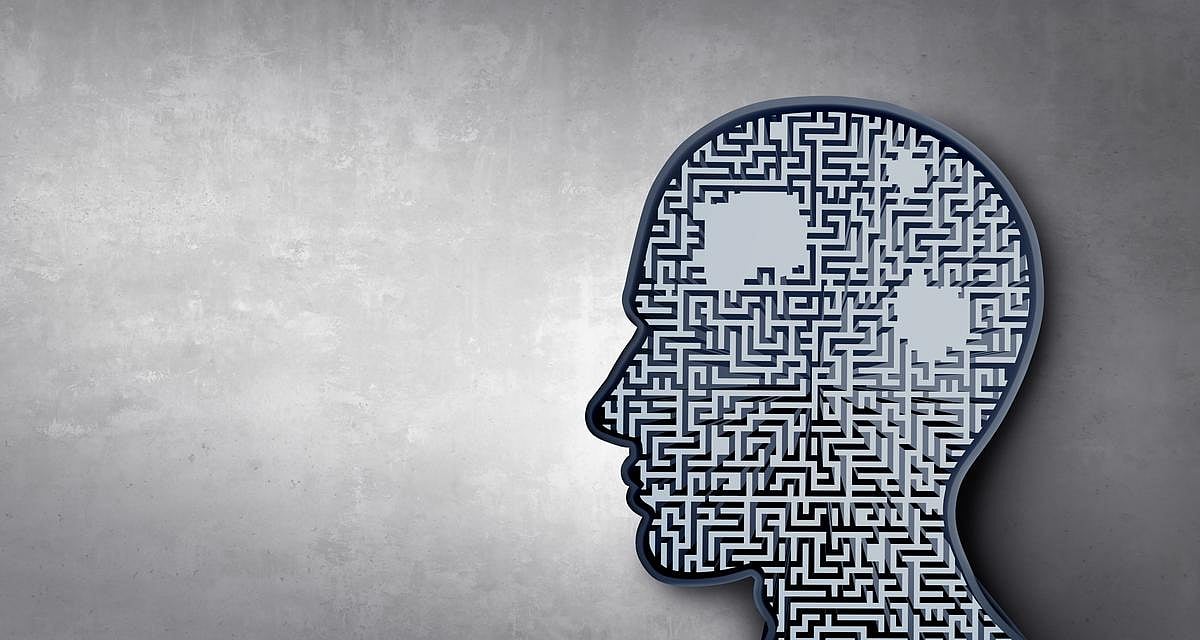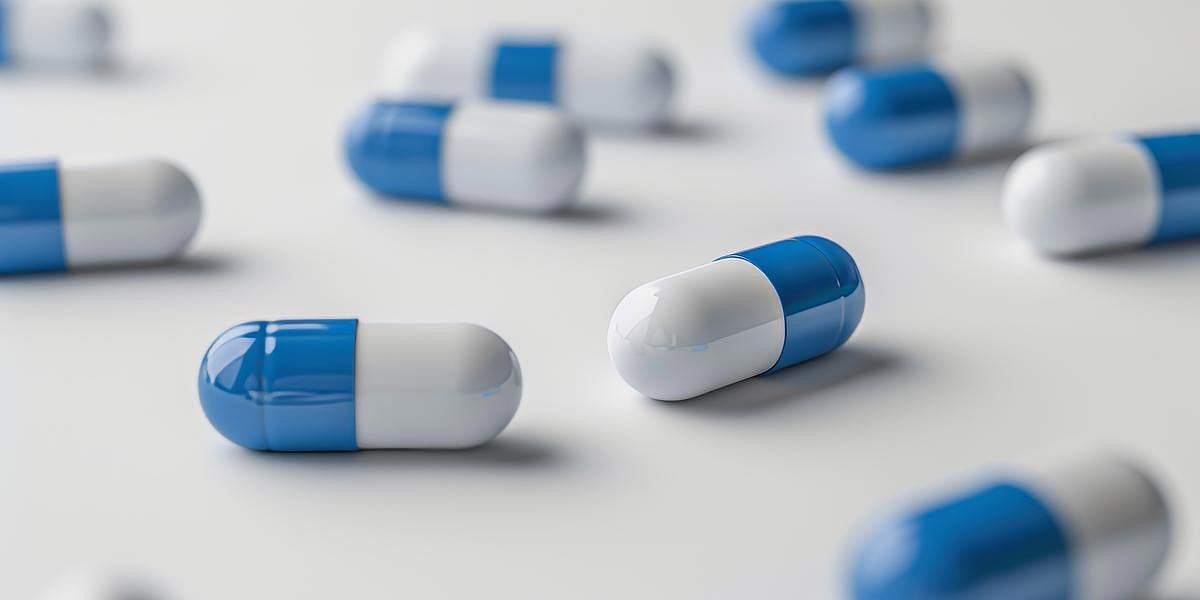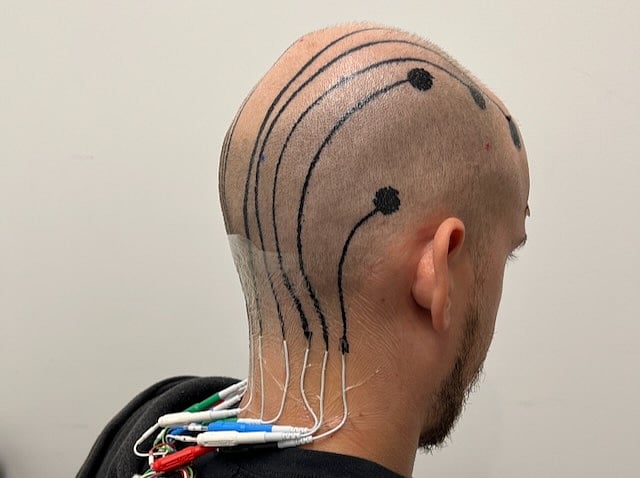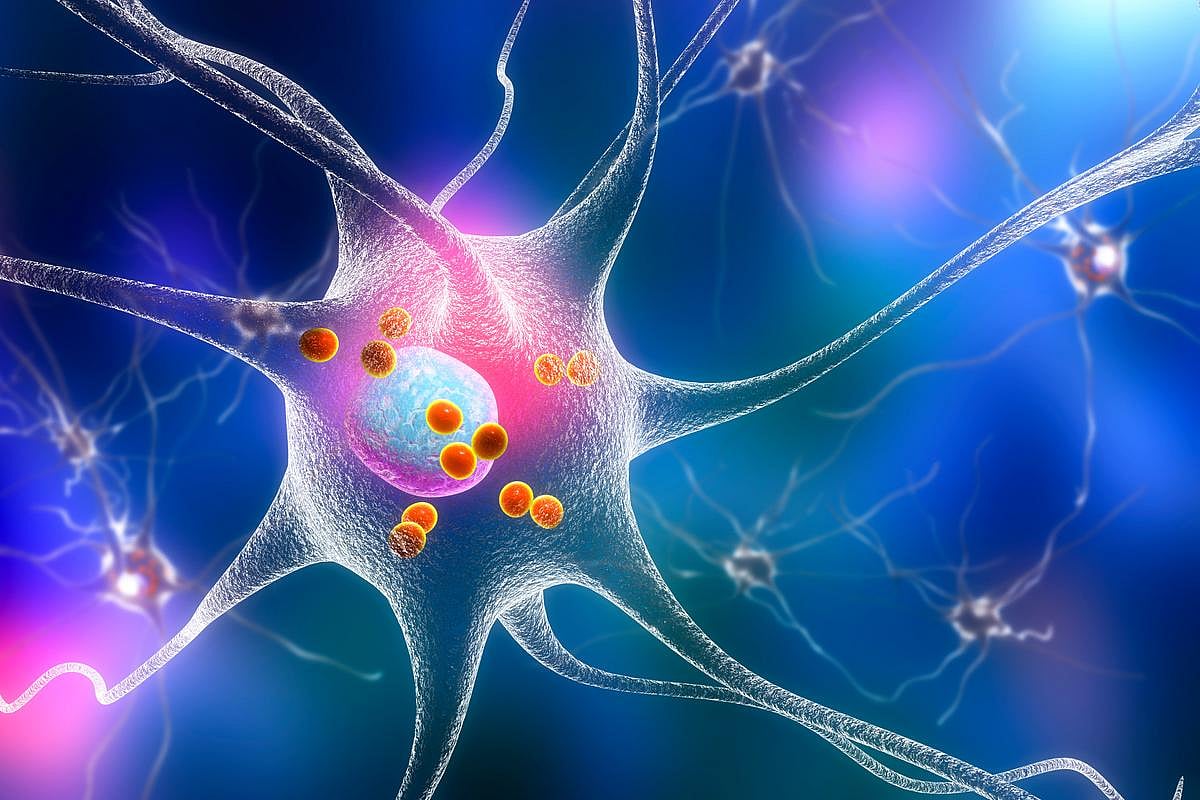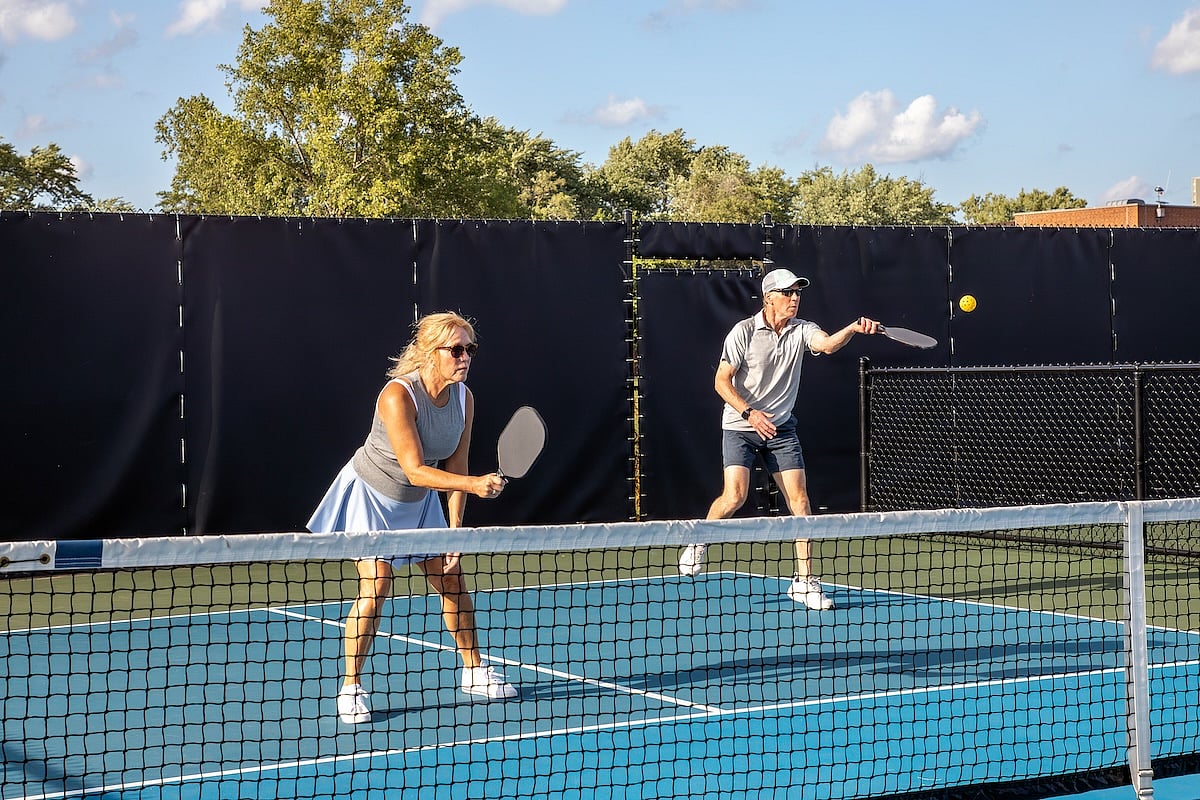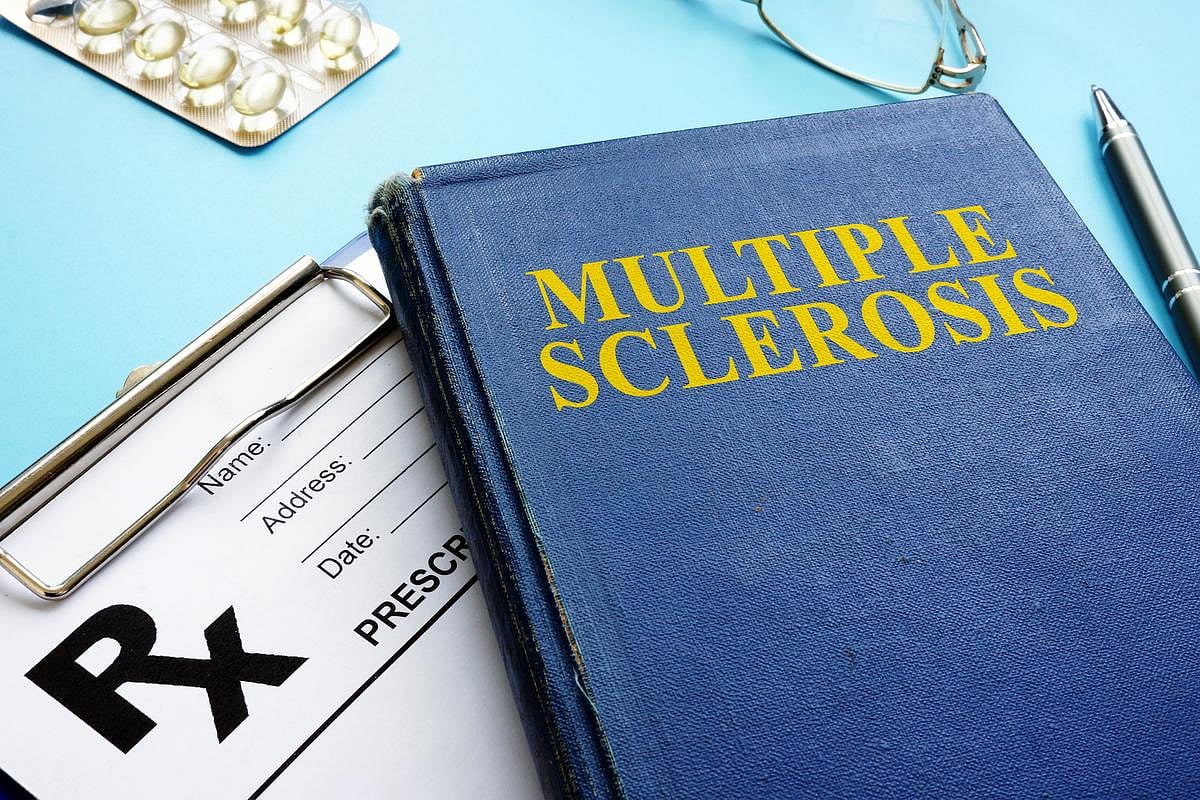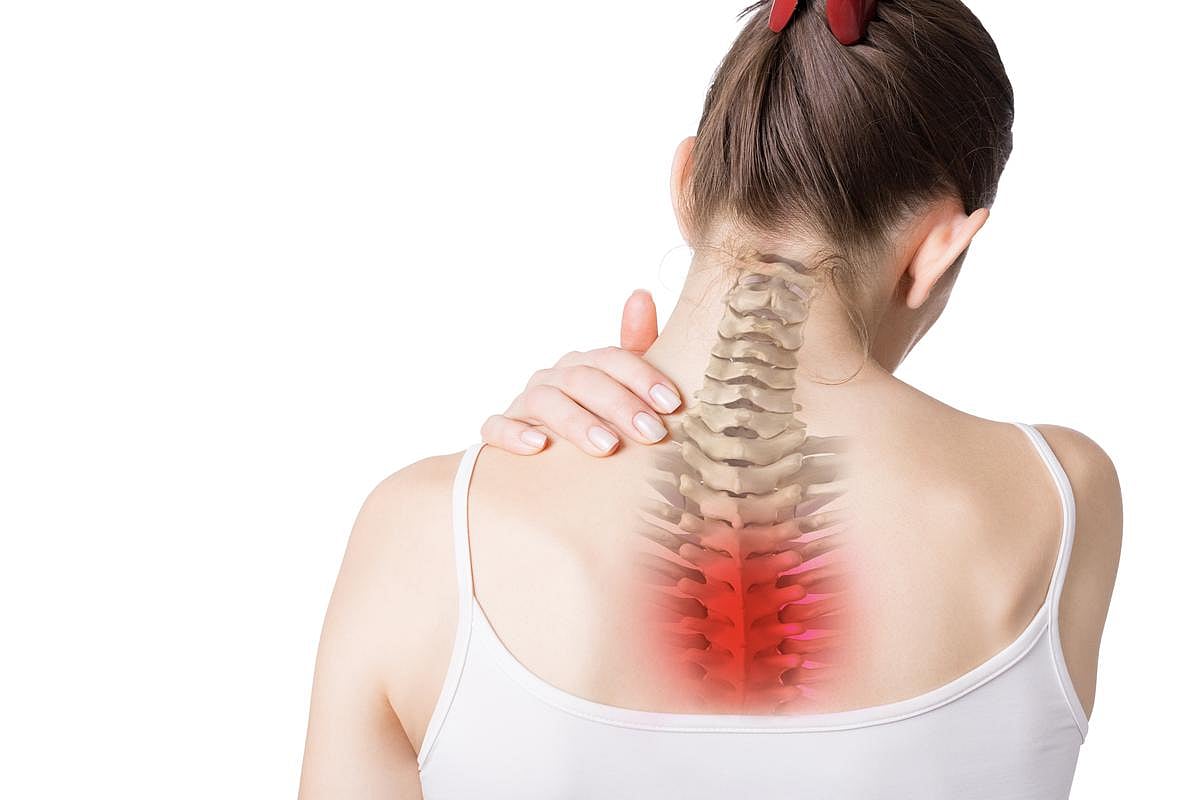Get Healthy!
Results for search "Brain".
Health Videos - 8
Health News Results - 418
Folks who breathe in more air pollution have a higher risk of developing a common non-cancerous brain tumor, a new study says.
Several different types of air pollutants, including particle pollution and nitrogen dioxide, appear to increase risk of meningiomas — tumors that form in the layers of tissue that cover the brain and spinal cord, researchers reported July 9 in the journal <...
- Dennis Thompson HealthDay Reporter
- |
- July 10, 2025
- |
- Full Page
The first two years of a baby’s life are critical for brain development, and how the brain grows during that time may help predict future learning, behavior and health.
That’s according to experts at Cedars-Sinai, who are working to better understand how brain connections and genetics influence a child’s development.
“We want to use advanced imaging as a tool...
- I. Edwards HealthDay Reporter
- |
- June 21, 2025
- |
- Full Page
A Texas woman has died after using tap water in a sinus rinse, leading to a rare but often fatal brain infection, health officials report.
The 71-year-old woman died from a condition called primary amebic meningoencephalitis (PAM), which is caused by a microscopic organism called Naegleria fowleri.
This brain-eating amoeba can live in warm freshwater and sometimes in untrea...
- I. Edwards HealthDay Reporter
- |
- June 9, 2025
- |
- Full Page
Ever thought so long and hard on a problem that your forehead grew hot, your brain became frazzled and your eyes grew bleary?
A new temporary tattoo can help measure that sort of mental strain, researchers report.
The wireless forehead electronic tattoo decodes brainwaves to measure mental strain and potential
Music legend Billy Joel has canceled tour dates through July 2026 after being diagnosed with a brain condition called normal pressure hydrocephalus (NPH).
The 76-year-old singer announced Friday that his condition had worsened with recent performances, affecting his hearing, vision and balance, CBS News reported.
"I'm sincerely sorry to disappoint our audience, and thank yo...
- I. Edwards HealthDay Reporter
- |
- May 27, 2025
- |
- Full Page
Amyotrophic lateral sclerosis (ALS) – known as Lou Gehrig’s Disease based on the iconic 1930s New York Yankee baseball player – is a progressive neurodegenerative disease that affects thousands of Americans every year. ALS remains one of the most complex and challenging disorders known to science.
May is ALS Awareness Month, making it an ideal time to take a closer look ...
- Brian Lin, PhD, Research Portfolio Director at the Muscular Dystrophy Association (MDA) HealthDay Reporter
- |
- May 3, 2025
- |
- Full Page
When a child tumbles to the floor from a blow to the head, a parent's inner alarms should sound. The child may have a brain injury.
Here's what parents need to know:
What is a concussion?
A concussion is a mild traumatic brain injury (TBI) that results from a direct hit to the head, face or neck.
Concussions may or may not involve a loss of consci...
- Jeffrey Lo, MD, Attending Physician, Orthopedics and Sports Medicine Department, Boston Children's Hospital HealthDay Reporter
- |
- April 20, 2025
- |
- Full Page
Health officials in Hood River County, Oregon, are investigating three cases of a rare and fatal brain disease known as Creutzfeldt-Jakob disease (CJD).
Two people in the county, which has a population of about 24,000, have died from the illness, and a third case is still being reviewed, Oregon Live reported.
CJD is caused by infectious proteins called prions. These p...
- I. Edwards HealthDay Reporter
- |
- April 14, 2025
- |
- Full Page
From slurping daily spoonfuls of fish oil to giving up alcohol, lifting weights and playing word games, older Americans think just about anything that might keep their brains sharp is worth a try.
After all, the risk of dementia -- a loss of memory, problem-solving and thinking abilities that often equals an end to independence -- rises sharply with age. By itself, the most common dementi...
- Carole Tanzer Miller HealthDay Reporter
- |
- April 12, 2025
- |
- Full Page
Common chemicals used in plastic and personal care products may interfere with brain development in babies, a new study says.
Phthalates are found in many everyday items, like food packaging, shampoo, toys and vinyl flooring.
They help make plastics soft and carry scents in products. But they may also harm unborn babies’ brains when mothers are exposed during pregnancy, resear...
- I. Edwards HealthDay Reporter
- |
- April 4, 2025
- |
- Full Page
Strokes caused by an artery tear are landing five times as many Americans in the hospital these days, a new study says.
Cervical artery dissection involves a small tear in the inner lining of an artery in the neck that supplies blood to the brain.
Blood can clot at the site of th...
- Dennis Thompson HealthDay Reporter
- |
- April 3, 2025
- |
- Full Page
For nearly two decades, a stroke had left a woman unable to speak -- until now.
Thanks to a new brain implant, her thoughts are being turned into real-time speech, giving her a voice again for the first time in 18 years.
The device was tested on a 47-year-old woman with quadriplegia who lost her ability to speak after a
Firefighters might face a higher risk of brain cancers caused by exposure to chemicals in fire extinguishers, a new small-scale study says.
Veteran firefighters appear to have a higher risk of brain tumors called gliomas, which can be caused by gene mutations linked to flame retardant chemi...
- Dennis Thompson HealthDay Reporter
- |
- March 11, 2025
- |
- Full Page
As this year’s severe flu season rages across the country, federal health officials are investigating a rise in rare but life-threatening brain complications in children.
The U.S. Centers for Disease Control and Prevention (CDC) says at least 19,000 people have died from the flu so far this w...
- India Edwards HealthDay Reporter
- |
- February 28, 2025
- |
- Full Page
Feeling scared? Your fear is a survival tool, but sometimes, it overreacts -- making us afraid of things that aren’t true threats.
A new study shows how the brain learns to let go of unnecessary fears, offering potential new ways for treating conditions such as anxiety,...
- India Edwards HealthDay Reporter
- |
- February 26, 2025
- |
- Full Page
Fainting can be scary, but it's often harmless.
Known medically as syncope, fainting happens when there’s not enough blood flow to the brain, causing a brief loss of consciousness.
But how do you know if it's just a simple faint or something more serious?
- India Edwards HealthDay Reporter
- |
- February 23, 2025
- |
- Full Page
From Mariah Carey and Jimi Hendrix to Michael Jackson, Ella Fitzgerald and Bing Crosby, a select group of famous musicians past and present have had have perfect pitch.
Now, a new study suggests that you can, too -- with proper training.
Absolute or perfect pitch is the ability to identify&nbs...
- Denise Mann HealthDay Reporter
- |
- February 18, 2025
- |
- Full Page
Love doesn't fade when one member of a family develops Alzheimer's disease, but times of intimacy like Valentine's Day can become tougher.
Experts at the Alzheimer's Foundation of America (AFA) acknowledge that a loved one living with dementia can have trouble expressing their feelings or remembering things as they did in the past.
However, if partners and families follow the ...
- Ernie Mundell HealthDay Reporter
- |
- February 13, 2025
- |
- Full Page
Tiny microplastics are making their way into the human brain, and new research suggests the problem is getting worse.
The new study, published Feb. 3 in the journal Nature, found that brain samples collected in 2024 contained significantly more microplastics than those taken eight years earlier.
Researchers sa...
- India Edwards HealthDay Reporter
- |
- February 4, 2025
- |
- Full Page
Hormone replacement therapy to ease menopause symptoms doesn’t increase a woman’s risk of brain tumors.
Researchers found no link between hormone therapy and gliomas, the most common brain tumors in adults, according to results of a new study published r...
- Dennis Thompson HealthDay Reporter
- |
- January 21, 2025
- |
- Full Page
Brain tissue samples are essential for scientific research, especially when it comes to brain disorders such as autism spectrum disorder.
Not surprisingly, samples are hard to get.
Despite the great need for brain tissue, donations remain rare and aren't easily collected.
In an art...
- Denise Maher HealthDay Reporter
- |
- January 17, 2025
- |
- Full Page
Eating disorders appear to be linked to differences in brain structure among teenagers.
Young adults who develop eating disorders appear to have delayed brain maturation as teenagers, MRI scans show in a new study published Jan. 10 in the journal Nature Mental Health.
In particular, reduced maturation of the c...
- Dennis Thompson HealthDay Reporter
- |
- January 14, 2025
- |
- Full Page
MONDAY, Jan. 13, 2025 (HealthDay news) -- The sleep aid Ambien could be allowing toxic proteins to pollute the brain, potentially increasing a person’s risk of disorders like Alzheimer’s disease.
Drugs like the main ingredient in Ambien,
- Dennis Thompson HealthDay Reporter
- |
- January 13, 2025
- |
- Full Page
The clock is running for people who’ve been diagnosed with dementia, but the time they have left depends on their age.
Average life expectancy for people with dementia is largely based on their age at diagnosis, researchers found in a new evidence review.
Dementia reduces life expectancy by about 2 years for those diagnosed at age 85, 3 to 4 years for those diagnosed at 80, an...
- Dennis Thompson HealthDay Reporter
- |
- January 10, 2025
- |
- Full Page
The Mediterranean diet is renown for its ability to improve heart health and help folks lose weight.
Now a new rat study says this eating pattern also might provide folks a boost in brain power.
Lab rats fed a Mediterranean diet developed changes in gut bacteria that researchers linked...
- Dennis Thompson HealthDay Reporter
- |
- January 8, 2025
- |
- Full Page
Some brain cells are more susceptible to the ravages of aging than others, a new mouse study has found.
These results could shed new light on why people’s risk for dementia, Alzheimer’s disease and other brain disorders increase with age, r...
- Dennis Thompson HealthDay Reporter
- |
- January 3, 2025
- |
- Full Page
Virtual reality headsets like the Meta Quest or Apple Vision Pro will be a Christmas gift in more than one home this year.
Now mice are getting in on the action.
Researchers have developed a set of VR goggles for lab mice for use in brain studies, according to a report published recently in the journal Nature Methods
- Dennis Thompson HealthDay Reporter
- |
- December 26, 2024
- |
- Full Page
Coffee provides a quick morning boost, but it might also protect the brain health of people with a common heart rhythm disorder.
A study published recently in the Journal of the American H...
- Dennis Thompson HealthDay Reporter
- |
- December 23, 2024
- |
- Full Page
Sexism is incredibly toxic to women’s lives, resulting in lower pay, fewer career opportunities, worse health care and a greater risk of violence.
It also can be toxic to their brain health, a new study says.
U.S. women born in the most sexist states experience a faster memory decline in later years than women born in states with more equal rights, researchers reported in the ...
- Dennis Thompson HealthDay Reporter
- |
- December 20, 2024
- |
- Full Page
Seniors with an infection can take antibiotics without fear of harming their brain health.
Antibiotics don’t appear to increase the risk of cognitive decline or dementia in older adults, researchers report in the journal
Sleep apnea is known to wreak havoc with the body, contributing to heart problems, diabetes and liver disease.
The sleep disorder also appears to have direct effects on brain health, a new study shows.
People with sleep apnea appear to experience accelerated aging of the bra...
- Dennis Thompson HealthDay Reporter
- |
- December 19, 2024
- |
- Full Page
Folks soon might have their brain activity scanned using a temporary tattoo, a new study suggests.
This temporary scalp tattoo allowed researchers to track electrical brain activity much more easily than with conventional electrodes, researchers reported Dec. 2 in the journal Cell Biomaterials.
- Dennis Thompson HealthDay Reporter
- |
- December 3, 2024
- |
- Full Page
Dementia strikes all races, but new research suggests thinking declines in poor seniors are often overlooked.
Among a group of more than 200 low-income patients who were treated at community health centers, 3 of 4 had undiagnosed cognitive issues, researchers reported recen...
- Dennis Thompson HealthDay Reporter
- |
- November 14, 2024
- |
- Full Page
Seniors who are drowsy during the day and find it hard to muster enthusiasm for activities could be at higher risk of a brain condition that precedes dementia, a new study warns.
These sleep-related problems are associated with "motoric cognitive risk syndrome," a pre-demen...
- Dennis Thompson HealthDay Reporter
- |
- November 7, 2024
- |
- Full Page
In 1972, Britain bumped up the total school years mandated for its children from 15 to 16 years.
That created a "natural experiment": Would Britons who got that extra year of education fare any better, neurologically, as they aged?
Unfortunately, the answer is "no."
"This surprised us," said study co-author and brain researcher Nicholas Judd
- Ernie Mundell HealthDay Reporter
- |
- November 6, 2024
- |
- Full Page
Many people turn to mindfulness meditation to help them manage their chronic pain, a practice that’s been used for centuries.
However, it’s been an open question whether meditation is simply functioning as a placebo, rather than actually quelling pain.
Now, a new study involving brain scans has revealed that's not the case.
Huntington's disease is a devastating, fatal neurological illness with little means of treatment, but a new study in mice offers a glimmer of hope.
Huntington's occurs when inherited genes cause key proteins to fold and clump together within brain cells. Over time, this severely hampers brain function and patients lose the ability to talk, walk, swallow and focus. There's no cure, a...
- Ernie Mundell HealthDay Reporter
- |
- November 4, 2024
- |
- Full Page
Find it hard to take time to exercise during your busy workweek?
No problem, a new study says -- one or two “weekend warrior” workouts are just as likely to help you maintain your brain health.
People who regularly exercise, whether solely on the weekend or thro...
- Dennis Thompson HealthDay Reporter
- |
- October 30, 2024
- |
- Full Page
People who regularly use marijuana experience changes in their brain structure and function, but it’s not clear that cannabis is the cause, a new study finds.
Researchers found specific differences in the brains of people who’d ever used weed, particularly in areas densely packed with cannabinoid receptors. However, genetic analysis couldn’t pin down any specific associa...
- Dennis Thompson HealthDay Reporter
- |
- October 30, 2024
- |
- Full Page
Most kids with attention issues won't go on to develop serious psychiatric conditions like psychosis or schizophrenia.
However, a new study finds poor attention spans in childhood, plus certain genes, could play a role in raising the risk for these conditions.
Of course, much more research is needed to pinpoint precursors to psychotic symptoms in a person's teens or 20s, said a t...
- Ernie Mundell HealthDay Reporter
- |
- October 29, 2024
- |
- Full Page
Smoking marijuana during pregnancy may quell your morning sickness, but it could also harm your child’s development, a new study warns.
Cannabis exposure in the womb is associated in early childhood with poorer thinking skills, researchers reported Oct. 28 in the journal JAMA Pediatrics.
These kids also have behavioral problems like impulse control, poor attention an...
- Dennis Thompson HealthDay Reporter
- |
- October 28, 2024
- |
- Full Page
Repeated concussions dramatically increase a hockey player’s risk of depression and burnout, a new study warns.
Hockey players who’d suffered three or more concussions had twice the risk of depression symptoms than whose who’d never had a concussion, researcher...
- Dennis Thompson HealthDay Reporter
- |
- October 28, 2024
- |
- Full Page
Texts deliver rapid-fire messages, but a new study indicates human brains can keep up with the barrage.
The brain can detect the basic linguistic structure of a brief sentence in roughly 150 milliseconds -- about the speed of a blink of an eye, researchers report.
“Our experiments reveal that the brain’s language comprehension system may be able to perceive language simi...
- HealthDay Reporter
- |
- October 25, 2024
- |
- Full Page
Medication and behavioral therapy are both effective in combatting fatigue caused by multiple sclerosis (MS), either separately or together, a new study finds.
MS patients felt significantly less fatigue after they were prescribed modafinil (Provigil), a drug that promotes wakefulness and is used to treat sleepiness, researchers repor...
- Dennis Thompson HealthDay Reporter
- |
- October 25, 2024
- |
- Full Page
Brain scans can provide early warning of who will develop chronic pain following a whiplash injury, a new study finds.
Higher levels of “cross talk” between two specific brain regions within one to three days of the injury increases the risk that pain will...
- Dennis Thompson HealthDay Reporter
- |
- October 25, 2024
- |
- Full Page
If you're in your 40s or 50s and have trouble getting and staying asleep, that's not a good sign for brain health as you age, new research suggests.
“Our study, which used brain scans to determine participants’ brain age, suggests that poor sleep is linked to nearly three years of additional brain aging as early as middle age," said study lead author
Maybe you've seen a cartoon character shake their head back and forth following a sharp blow -- clearing away whatever stars or birds are circling their noggins.
Turns out, that same move might help coaches and physical trainers identify a concussi...
- Dennis Thompson HealthDay Reporter
- |
- October 23, 2024
- |
- Full Page
Women fighting breast cancer can relieve some of their chemotherapy “brain fog” through aerobic exercise, a new clinical trial in Canada suggests.
Breast cancer patients on chemo who participated in a regular aerobics class reported that they felt sharper and had better quali...
- Dennis Thompson HealthDay Reporter
- |
- October 23, 2024
- |
- Full Page
Alzheimer’s disease might damage the brain in two distinct phases, a new study suggests.
An early phase that occurs slowly and silently appears to lay the groundwork for a second, more widely destructive phase of Alzheimer’s, according to s...
- Dennis Thompson HealthDay Reporter
- |
- October 17, 2024
- |
- Full Page
People sense millisecond shifts in odor as quickly as they might spot a change in color, new research shows.
The study discounts the notion that smell is a "slower" sense than sight or hearing, scientists say.
"A sniff of odors is not a long exposure shot of the chemical environment that averages out" over time, explained study lead author










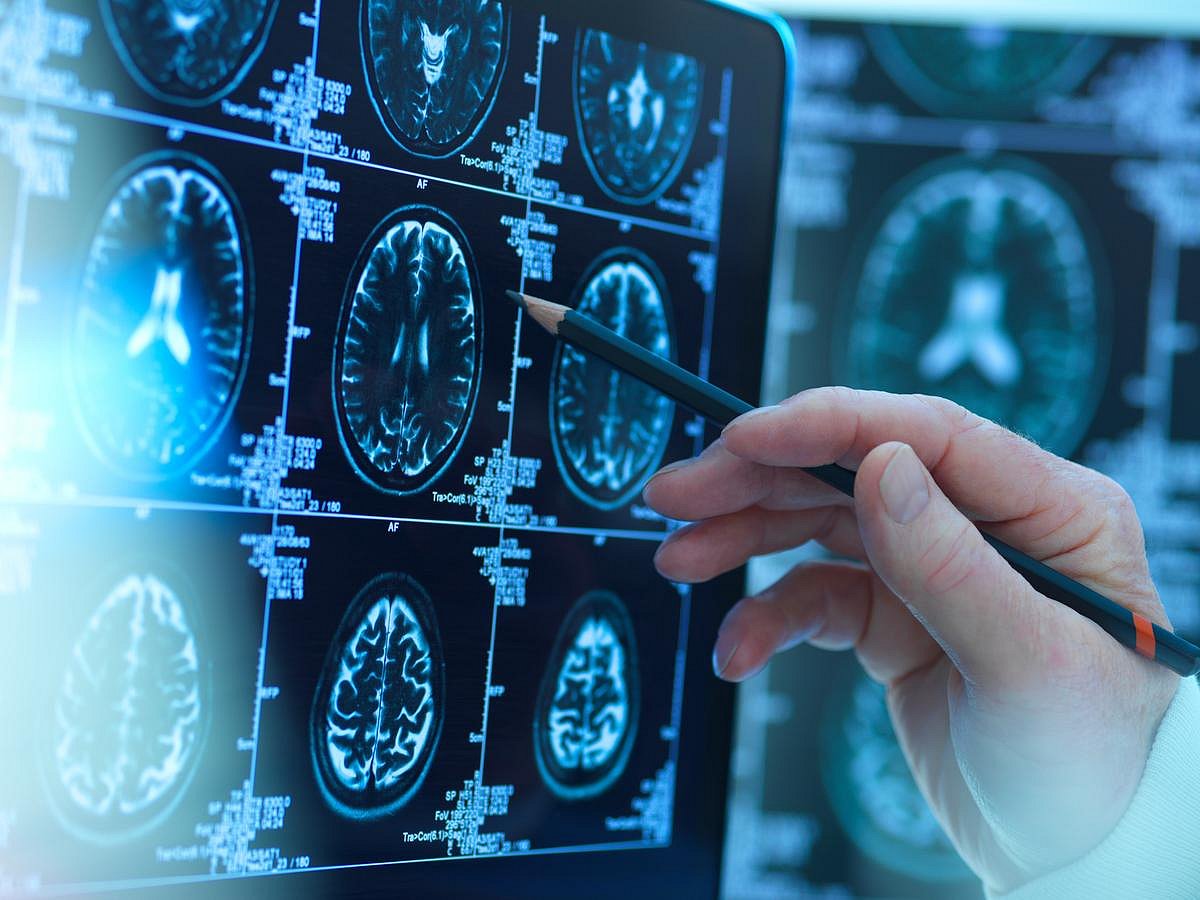
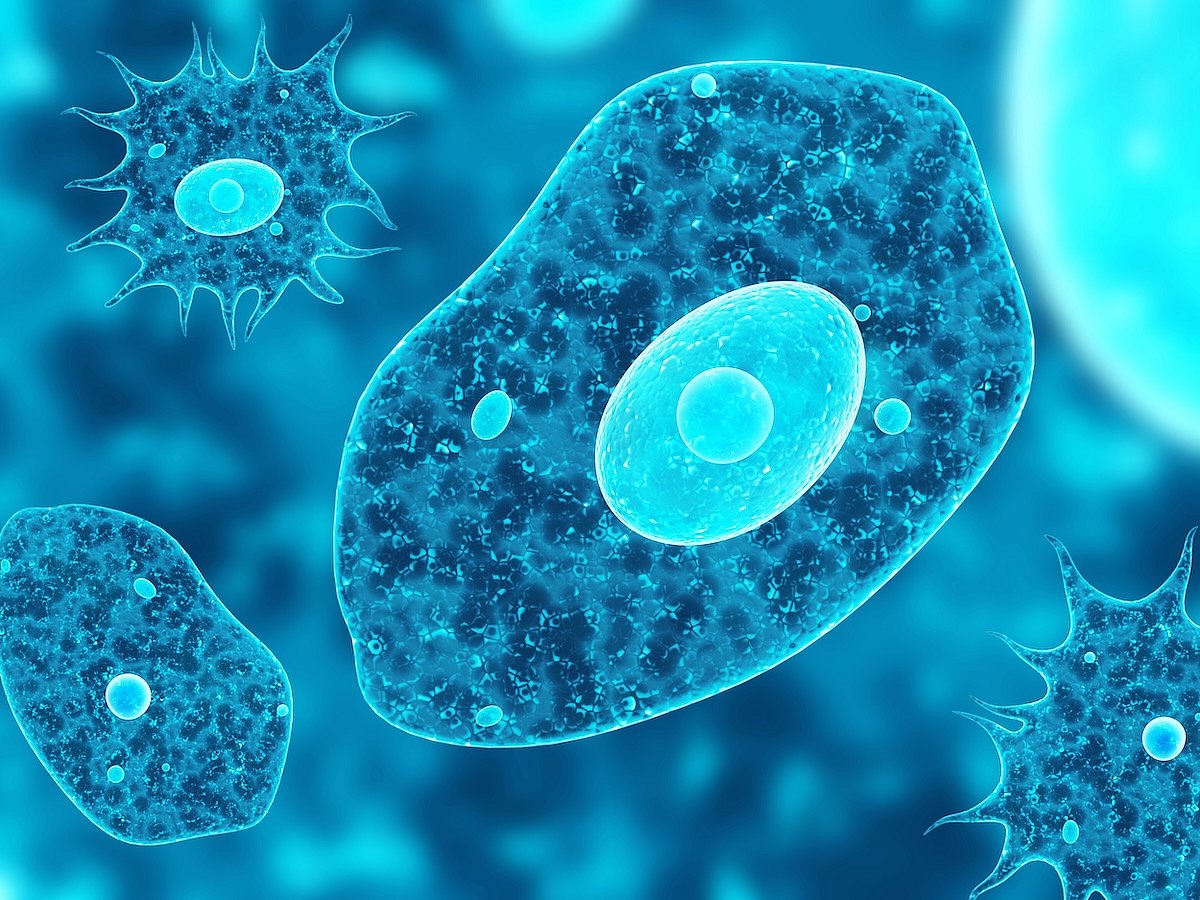
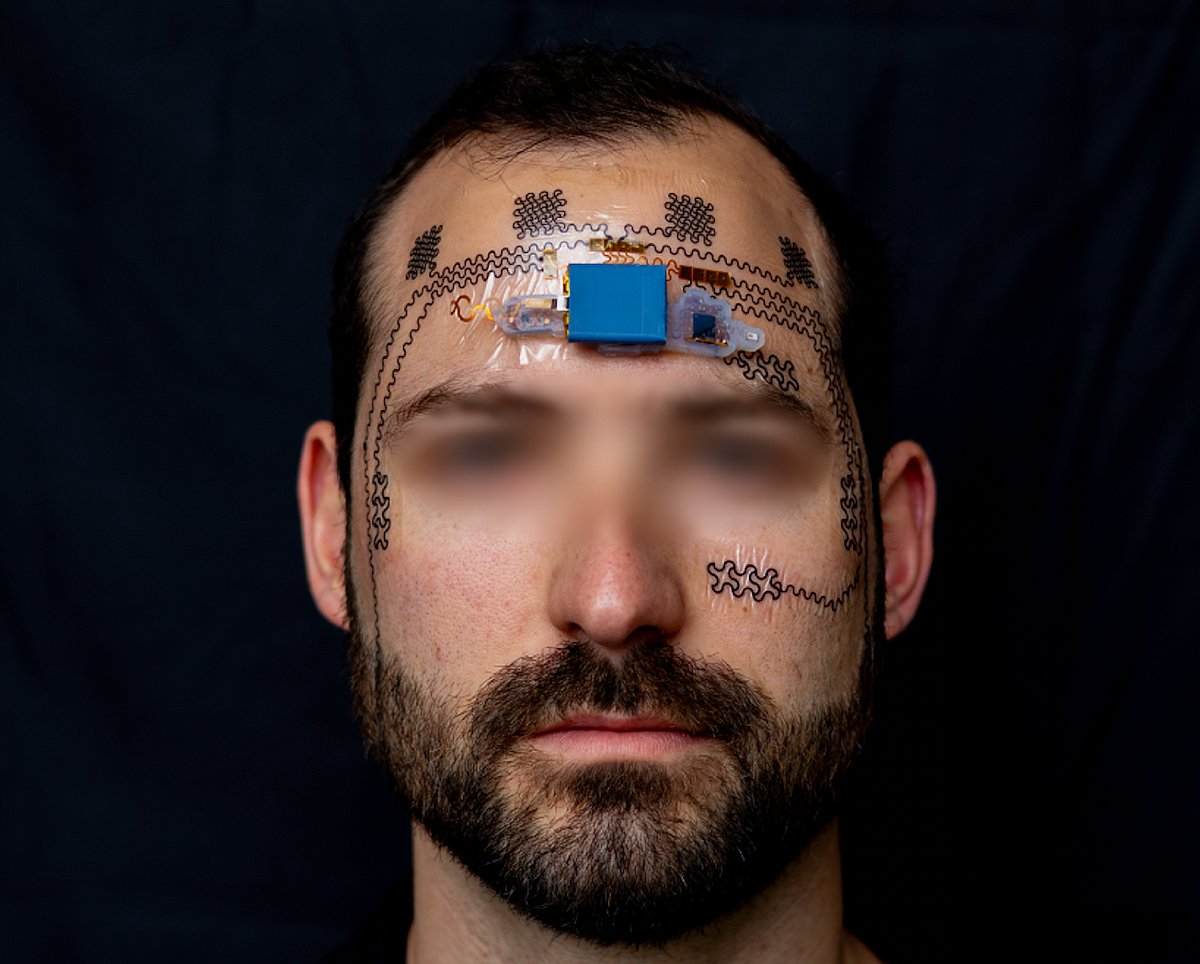





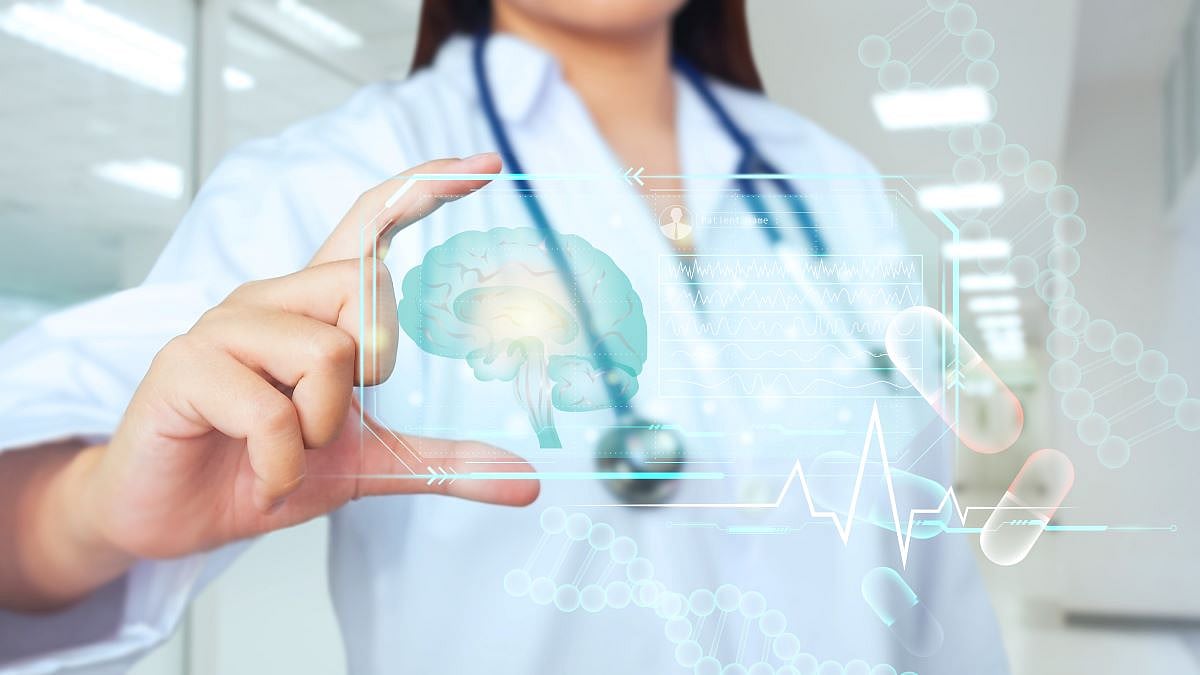
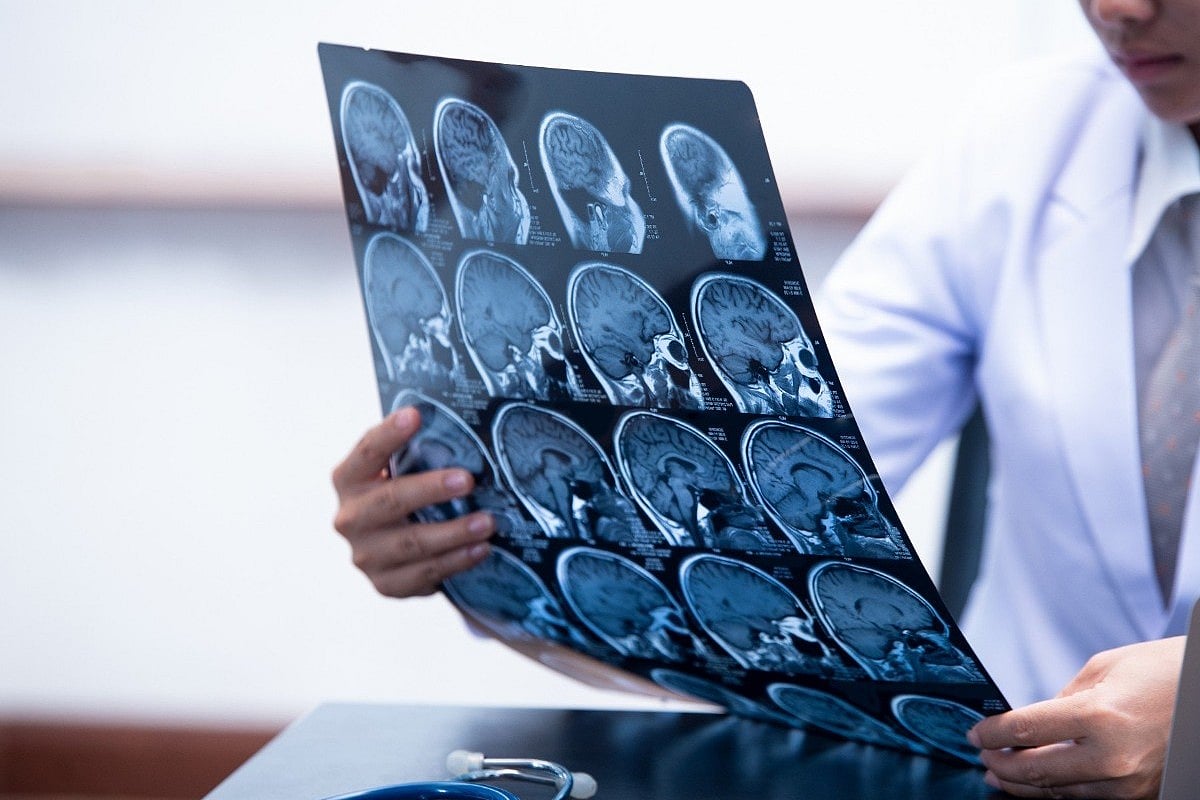

.jpg?w=1920&h=1080&mode=crop&crop=focalpoint)
